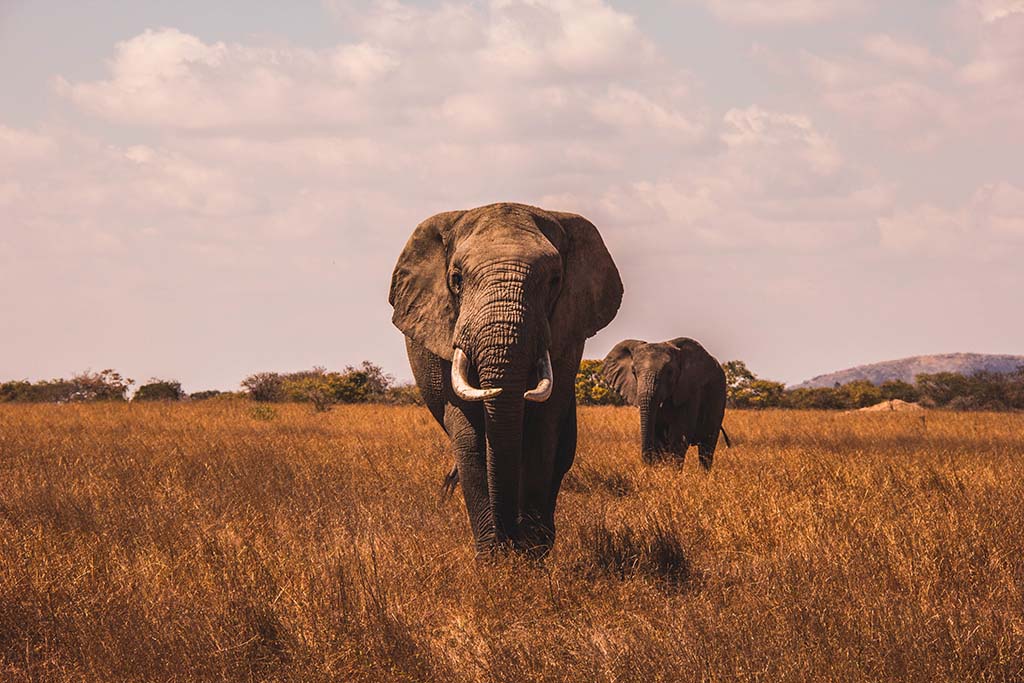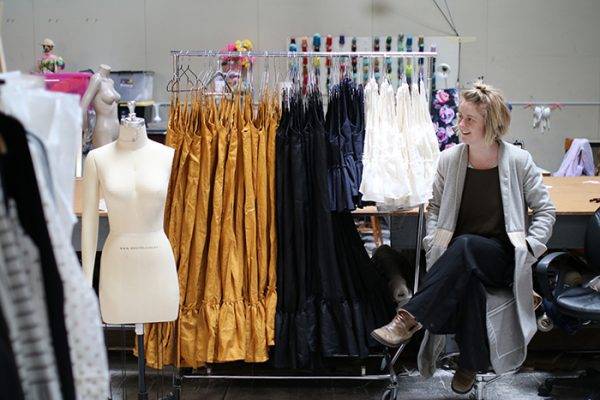Many of us are passionate about animals – but what can we do to help stop animal cruelty? In a world full of fake news, it can sometimes be hard to separate fact from fiction.
What we do know is The Royal Society for the Prevention of Cruelty to Animals (RSPCA) deals with over 50,000 reports of animal mistreatment. So it is important to understand what you can do to put a stop to animal cruelty.

“And just over 80 billion farm animals are raised for food every year with about 700 million of them confined on factory farms in Australia,” explained Ben Pearson, Senior Campaign Manager at World Animal Protection.
With such hard-hitting stats, it’s easy to feel like there is nothing you can do to help, but sometimes small actions can make a big difference. Here are six simple steps you can take every day to help put an end to animal cruelty.
1. Buy humane food
For many Australians, it may be unrealistic to give up meat, but it’s not unrealistic to buy beef, eggs, chicken, pork and dairy products from animals that have had a good life. Currently, in Australia, 11-12 million ‘battery’ hens are confined to small wire cages, with hundreds of thousands of other hens, which are unable to perform most of their natural behaviour. Even small decisions like buying cage-free eggs can make a huge difference.
2. Teach children compassion for animals
From an early age, children learn how to treat animals. As adults, we have a responsibility to act as role models and show the kids in our lives how to act with kindness and respect towards animals. Many psychologists believe children who are cruel to animals often grow up to be cruel to humans as well, which makes this even more important.
3. Caring for animals starts at home
Knowing what your cat or dog needs to be happy and healthy is an important part of pet ownership. Sadly, many pets suffer from inadequate care, lack of exercise and neglect. Research your pet’s specific needs before you bring them home and make sure you’re ready to give them the care they need.
4. Have a meat-free day once a week
Australians are one of the top meat-eating nations in the world. The average Australian will consume 110 kilograms of meat a year, which works out to be around 302 grams a day. That may not seem like a lot, but if 1,000 Australians gave up meat for a day it would stop the consumption of over 15,000 kilograms each year. Many dieticians and doctors also recommend consuming less meat as it isn’t just good for the animals, it’s also better for your health and the planet!
5. Be informed when traveling
South East Asia is a popular tourist destination for many Australians – it’s close, full of great cultural experiences and affordable. However, this affordability comes at a high cost for many of the region’s animals. At least 77 percent of elephants in Sri Lanka, Nepal, India, Laos, and Cambodia live in cruel conditions, while 7,000 tigers live on illegal farms. Responsible travel companies like Intrepid Travel have banned elephant rides on their tours and many others are starting to follow suit. You may not think your holiday choices will lead to change, but due to Thailand’s increase in tourism World Animal Protection has seen a 30 percent rise in elephants in captivity.
6. Adopt a pet
The RSPCA rescues over 100,000 animals each year and nearly 30 percent of these animals end up being put down because they are unable to be rehomed. With so many animals available for adoption, there is no reason to buy a pet from a breeder or pet shop. This will also see a stop to some of the cruel methods used by breeders and will hopefully spell an end for ‘puppy farms.’ Several of these dog breeding facilities have been found to be operated under inadequate conditions that fail to meet the dogs’ behavioural, social and/or physiological needs.


